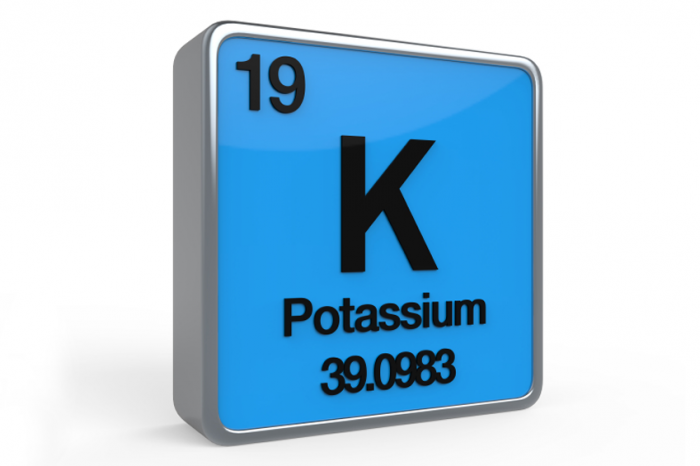Page Contents
OVERVIEW
This page is dedicated to covering the differential diagnosis for hyperkalemia. This differential will be organized by disease categories.

WHAT ARE THE MAJOR DISEASE CATEGORIES?
When thinking about the differential for hyperkalemia the following disease categories come to mind:
- Increased intake of potassium
- Decreased excretion of potassium
- Increased release of potassium from cells
- Medication side effects
INCREASED INTAKE OF POTASSIUM
The following fall under this disease category:
- Increased oral intake of potassium: diet, oral supplements
- Increased intravenous administration of potassium: IV fluids, IV supplements (iatrogenic)
DECREASED EXCRETION OF POTASSIUM
The following fall under this disease category:
- Renal insufficiency:
- Addison disease (corticoadrenal insufficiency):
INCREASED RELEASE OF POTASSIUM FROM CELLS
The following fall under this disease category:
- Hyperglycemia: hypertonicity can drive potassium into the serum (water is lost by the cell, and the potassium follows because intracellular potassium concentrations increase).
- Insulin deficiency: insulin normally will drive potassium into the cells. When this activity is lost, more potassium will remain in the serum.
- Tissue damage: crush injury, severe trauma, burns, rhabdomyolysis
- Hemolysis
- Leukocytosis
- Thrombocytosis
- Acidosis
MEDICATION SIDE EFFECTS
The following medications can cause this condition:
- Nonselective Beta-adrenergic blockers: interfere with intracellular potassium uptake
- ACE inhibitor/ARB: decreased GFR/inhibition of aldosterone or the ENaC channel
- Potassium sparing diuretics: inhibition of aldosterone or the ENaC channel
- Digitalis: inhibition of the sodium potassium pump
- Cyclosporine: blocks aldosterone activity
- Heparin: blocks aldosterone production
- NSAIDs: decreased renal perfusion which decreased potassium loss by kidneys
- Succinylcholine: causes extracellular leakage of potassium through acetylcholine receptors
Page Updated: 02.26.2018